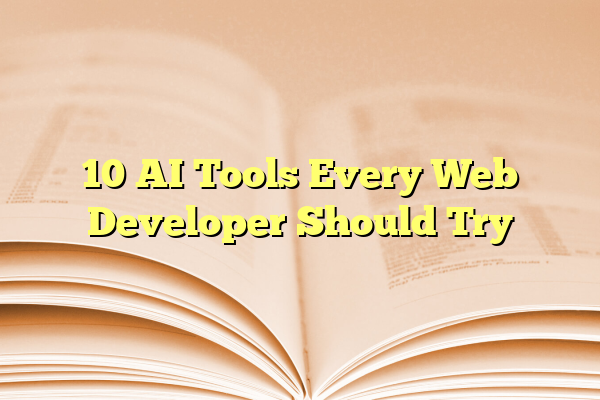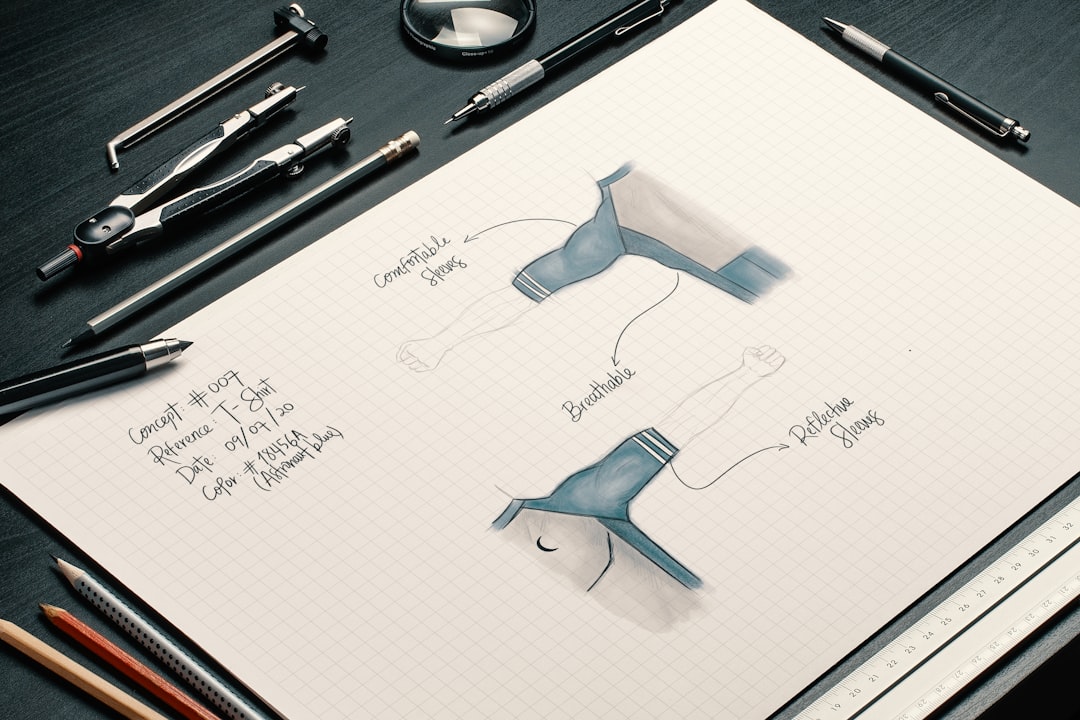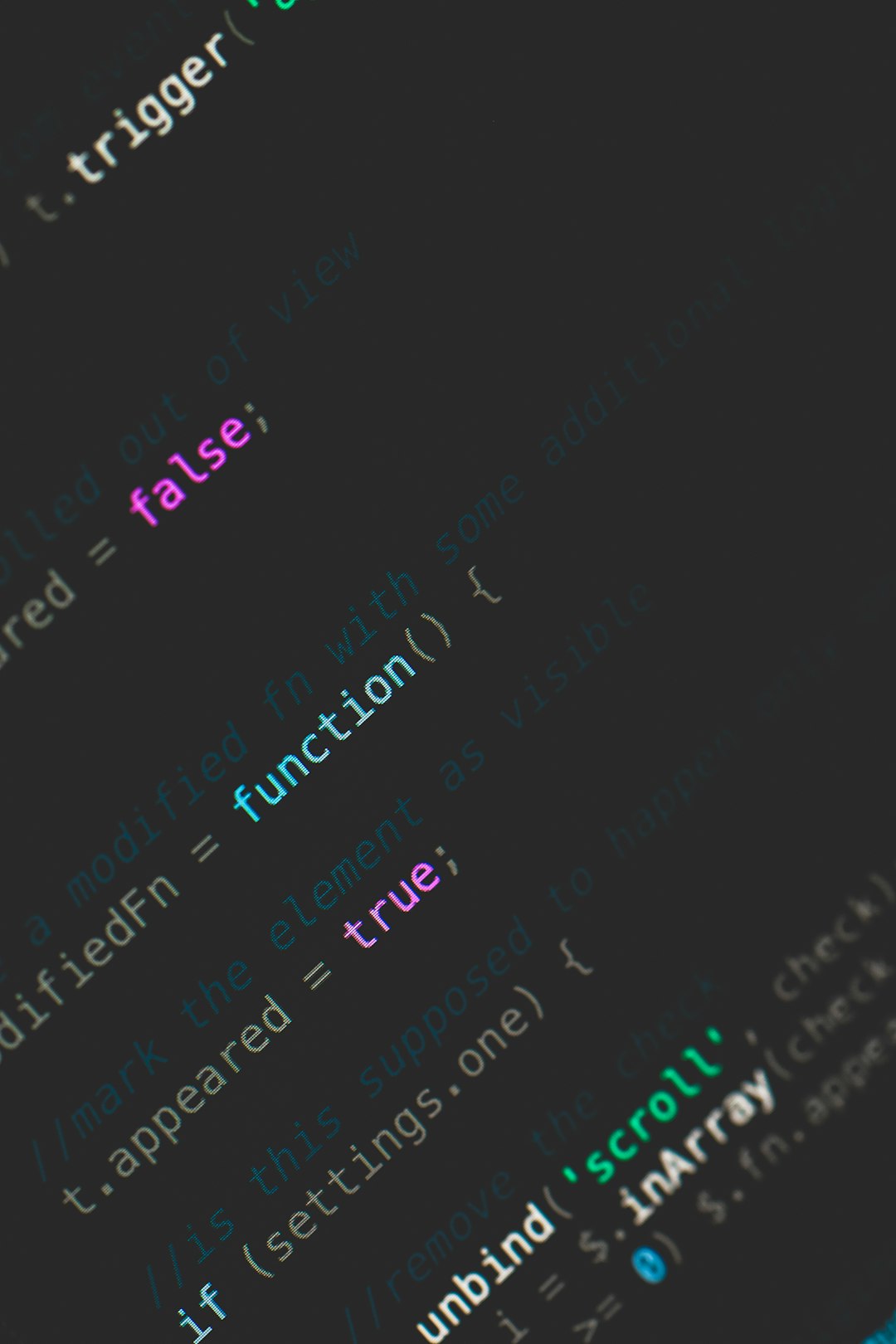
10 AI Tools Every Web Developer Should Try
As artificial intelligence (AI) continues to revolutionize industries, web development is no exception. AI tools are helping developers write cleaner code, improve user experiences, and boost productivity. Whether it’s automating repetitive tasks or enhancing website performance, AI is becoming a web developer’s smart assistant. Here are 10 AI tools every web developer should try for a more efficient and dynamic development workflow.
Contents
1. GitHub Copilot
GitHub Copilot, powered by OpenAI, acts as an AI-powered code completion tool right inside your IDE. It suggests code snippets, functions, and even whole lines based on comments and existing code.
- Best for: Writing code faster and reducing syntax errors.
- Compatibility: Works with Visual Studio Code, Neovim, JetBrains, and more.
With Copilot, developers can focus more on solving critical problems by automating routine coding tasks.
2. Tabnine
Tabnine is another AI autocompletion tool designed for team collaboration and individual productivity. It offers context-aware suggestions based on your coding style and patterns.
- Best for: Teams looking for private AI coding assistants to ensure secure and consistent suggestions.
- Features: Cloud-based or fully on-premises to meet security needs.
3. CodeWP
CodeWP is an AI tool specifically tailored for WordPress developers. It generates PHP, JavaScript, and other relevant code that integrates with WordPress functions.
- Best for: WordPress plugin or theme development.
- Use case: Creating custom shortcodes, WooCommerce functions, and admin panel features.
This tool is ideal for both beginners and advanced WordPress developers.
4. Uizard
Uizard is an AI-powered design tool that transforms hand-drawn sketches into interactive web prototypes. It simplifies the UI/UX design process with prebuilt components and intelligent design recommendations.
- Best for: Quickly building and testing design ideas.
- Highlight: Converts screenshots and mockups into editable designs.
Its intuitive interface speeds up collaboration between designers and developers.

5. Durable
Durable is being dubbed as an “AI website builder.” With just a single sentence input, it can generate a fully functional website complete with images, layout, and copy.
- Best for: Entrepreneurs, freelancers, or developers needing quick MVPs or client demos.
- Note: Websites generated can be customized later for more control and detail.
6. DeepCode
DeepCode is an intelligent code review tool that uses machine learning to analyze your repository. It finds bugs, redundant code, and suggests fixes in real-time.
- Best for: Teams wanting smarter pull request checks and better CI/CD pipelines.
- Languages supported: Java, JavaScript, Python, TypeScript, and more.
It’s like having a constant code reviewer who never sleeps.
7. Aista
Aista provides an automatic backend generator using AI. Developers can create full-stack apps by just describing the requirements in natural language.
- Best for: Backend services, RESTful APIs, and data modeling.
- Advantages: Great for rapid prototyping and MVP development timelines.
8. Hotjar with AI
Hotjar is widely known for its behavior analytics and heatmaps. With recent AI enhancements, it now offers automated insights from behavior recordings—highlighting friction points and conversion drop-offs with suggestions.
- Best for: Optimizing user experience and A/B testing strategies.
- AI Features: Auto-summary of user sessions and visual behavior trends.
Now, developers and marketers can focus their efforts precisely where the user journey is faltering.
9. Fronty
Fronty uses AI to convert images (like design mockups or screenshots) into clean front-end HTML and CSS code. You upload an image, and it auto-generates a usable layout.
- Best for: Rapid UI prototyping from Figma files or Photoshop designs.
- Output: Production-ready HTML and CSS with customization support.

10. ChatGPT
ChatGPT, another excellent OpenAI product, acts as a conversational problem solver. Developers can ask anything—“how do I write a regex for…,” “why is my code breaking,” or “how do I optimize this function?”
- Best for: Debugging, explanations, and code optimization.
- Benefits: Reduces Stack Overflow visits while delivering reliable context-aware answers.
It’s like having a senior developer on call 24/7. Also great for learning new frameworks and creating documentation.
Final Thoughts
These AI tools redefine how web developers operate, making code writing, prototyping, testing, and scaling smarter than ever. Whether you’re a front-end fanatic or a back-end wizard, integrating AI into your toolset can level up your craft. The key is to explore, test, and choose the ones that fill gaps in your workflow without overwhelming it.

Frequently Asked Questions (FAQ)
-
Q: Are AI tools reliable for production-level coding?
A: Many AI tools, like GitHub Copilot or DeepCode, are designed for real-world usage and can write accurate and efficient code. However, human oversight is still essential. -
Q: Do I need to be an expert to use these AI tools?
A: Not at all. Most of these tools are beginner-friendly with intuitive UIs or plugins that integrate seamlessly into your existing workflow. -
Q: Are these tools free to use?
A: Many offer free versions with limited functionality, while others require subscriptions for advanced features. Choose based on your project’s needs and budget. -
Q: Will AI tools replace developers?
A: AI tools are not here to replace developers but to augment their abilities and reduce repetitive workload. They serve as collaborators, not replacements. -
Q: Which AI tool is best for complete website creation?
A: Tools like Durable and Uizard are excellent for quickly generating full websites or prototypes based on minimal input.
